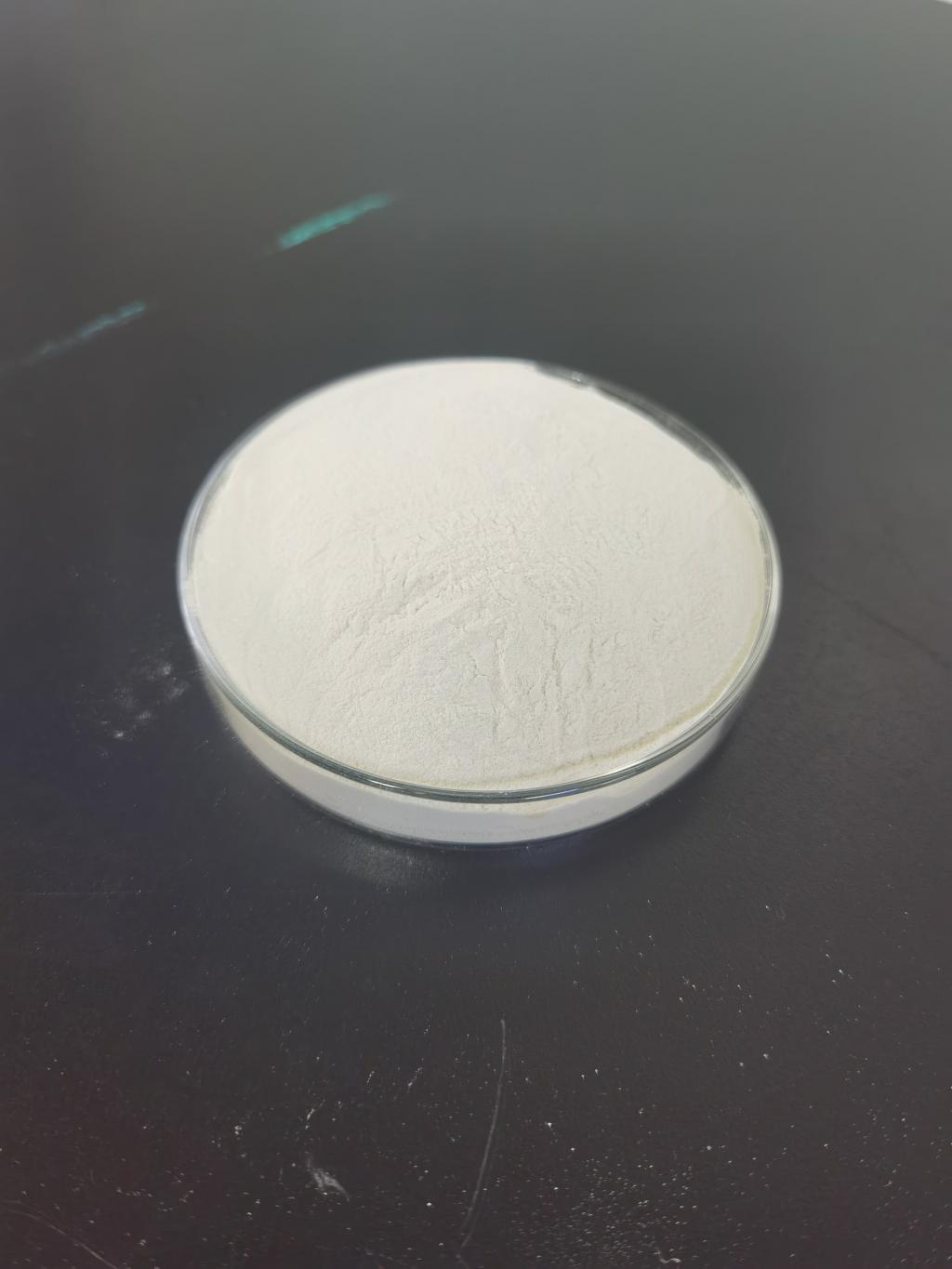Tel:+8618231198596

News
 CONTACT
CONTACT
 CONTACT
CONTACT
- Linkman:Linda Yao
- Tel: +8618231198596
- Email:linda.yao@dcpharma.cn
- Linkman:CHARLES.WANG
- Department:Overseas
- Tel: 0086 0311-85537378 0086 0311-85539701
News
Nisin's Role in Enhancing the Safety of Imported Foods.
TIME:2023-09-15
Nisin: A Natural Antimicrobial Preservative
Before delving into its role in imported foods, it's important to understand what nisin is and how it works. Nisin is a naturally occurring antimicrobial peptide produced by certain strains of lactic acid bacteria, notably Lactococcus lactis. It is generally recognized as safe (GRAS) for human consumption and has been used as a food preservative for many decades. Nisin's antimicrobial activity primarily targets Gram-positive bacteria, making it effective against a wide range of foodborne pathogens and spoilage microorganisms.
Nisin works by disrupting bacterial cell membranes through a unique mechanism of action. It binds to lipid II, an essential precursor in bacterial cell wall synthesis, and forms pores in the cell membrane. This disruption ultimately leads to cell death, making nisin a potent antimicrobial agent.
Challenges in Imported Food Safety
Imported foods play a significant role in the global food trade, providing consumers with access to diverse products year-round. However, ensuring the safety of these imported foods can be challenging for several reasons:
Diverse Sources: Imported foods come from various countries with different food safety regulations and standards. Ensuring compliance with local regulations and ensuring consistent safety standards can be complex.
Long Supply Chains: Imported foods often travel long distances and pass through multiple intermediaries before reaching consumers. This lengthy supply chain can increase the risk of contamination or spoilage during transit.
Cultural Differences: Food safety practices and consumer expectations can vary widely between countries and regions, further complicating the task of ensuring imported food safety.
Seasonal Availability: Imported foods allow consumers to access out-of-season or exotic products, but the need to preserve these foods during transport can pose challenges.
Nisin's Role in Enhancing Imported Food Safety
Nisin offers several ways to enhance the safety of imported foods, address foodborne pathogens, and maintain product quality:
Preservation of Seafood
Seafood is a significant component of the global food trade, with various types of seafood being imported and exported daily. However, seafood is highly perishable and prone to spoilage due to its nutrient-rich composition. Nisin's antimicrobial properties can help extend the shelf life of imported seafood products by inhibiting the growth of spoilage microorganisms and pathogens. By using nisin-based preservatives or coatings, seafood exporters can ensure that their products reach international markets in good condition.
Control of Foodborne Pathogens
Imported foods can sometimes carry foodborne pathogens that pose health risks to consumers. Nisin can be used as a natural and effective means of controlling these pathogens. For example, it can be applied to imported meat products to reduce the risk of bacterial contamination. Additionally, nisin-containing packaging materials can help prevent bacterial growth during transportation and storage.
Reduction of Spoilage
Maintaining the quality of imported foods is crucial to meet consumer expectations. Spoilage microorganisms can negatively impact product appearance, taste, and texture. Nisin's ability to control spoilage bacteria allows importers to ensure that products retain their quality and freshness throughout their journey from producer to consumer.
Reduction of Food Waste
Imported foods that spoil or become contaminated can contribute to food waste, which has economic and environmental implications. Nisin's role in extending the shelf life of imported foods can help reduce food waste, contributing to more sustainable food systems.
Challenges and Considerations
While nisin holds great promise in enhancing the safety of imported foods, several challenges and considerations should be taken into account:
Regulatory Compliance
Different countries have varying regulations and standards for food additives, including nisin. Importers must ensure that the use of nisin complies with the regulations of both the exporting and importing countries.
Consumer Acceptance
Consumer preferences and attitudes toward food additives can vary widely. Importers must consider consumer perceptions and communicate transparently about the use of nisin in imported products.
Dosage and Formulation
Determining the optimal dosage and formulation of nisin for specific imported foods is essential to achieve the desired antimicrobial effect without affecting product quality.
Resistance Management
As with any antimicrobial agent, there is a risk of bacterial resistance development over time. Careful monitoring and research are necessary to detect and mitigate the emergence of nisin-resistant strains.
Conclusion
The globalization of the food supply chain has created opportunities for consumers to enjoy a diverse array of imported foods. However, ensuring the safety and quality of these products is of paramount importance. Nisin, with its natural origin and potent antimicrobial properties, offers a promising solution to address the challenges associated with imported food safety.
As importers, regulators, and producers continue to explore and implement the use of nisin in imported foods, we can anticipate safer, longer-lasting, and higher-quality products reaching consumers around the world. Nisin's role in preserving the safety and quality of imported foods underscores its value in contributing to global food security and consumer satisfaction.
- Tel:+8618231198596
- Whatsapp:18231198596
- Chat With Skype







